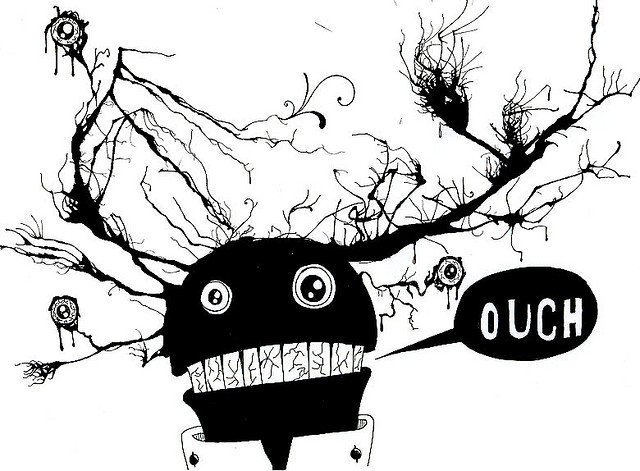“The only true wisdom is knowing I know nothing.” ~ Socrates
I can be so certain in my convictions one day, only to have them wither away the next upon the slightest hint of inquiry. The stability that comes with knowing brings me comfort, but at the same time has the ability to lead me down a road of contempt and ignorance.
The opposite can be said of not knowing.
Being in limbo—left in the darkness—makes me feel everything but safe.
I struggle to reach a place of assurance in who and what I represent. At the same time a place where I’m malleable, open and more than willing to accept the continuous cycles of learning and unlearning life’s lessons.
Recently I wrote an article about expectation and attachment, which was a valuable lesson for me to learn.
The thing is, at the time of publication I was poorly informed, and therefore worked up over a scenario I had constructed on the basis of false information.
I suppose It was intended I learn two lessons.
A little backstory:
In a series of unfortunate events, I was separated from someone with whom I’d believed I’d made a deep connection. It was as if he just disappeared out of nowhere, leaving me in the most vulnerable, discomforting state. I felt unbearably out of control and couldn’t help but make a few assumptions to explain away the situation.
The more I convinced myself of these assumptions, the better I felt.
Relatively, anyway.
I believed it was better to be aware of a bad situation than completely unaware.
Good or bad, my assumptions gave me a false notion of tangibility—a viable explanation, because I don’t know wasn’t enough.
Why though? What makes I don’t know so unsettling?
It’s a perfectly authentic response to many of the questions we ask ourselves and others.
I suppose not knowing is habitually associated with insecurity. Understandably, no one wants to feel insecure, but after making a complete ass out of myself I realize it’s a lot better than making false assumptions.
The man I assumed had disappeared without warning, who’d left me dumbfounded and disappointed, hadn’t disappeared at all.
In fact, I had unknowingly blocked this person in my phone and as a result was unable to contact them (embarrassing I know).
After several failed attempts to reach out and two weeks of silence I simply concluded that I was being ignored.
As an attempt to say my piece and speak up for myself I reached out once more in the form of a heartfelt, yet mildly accusatory letter.
I wrote that I was shocked and disappointed, that I didn’t understand how they could act this way.
I received a response almost immediately through Facebook that revealed to me how confused they had been and that they had been trying to reach me for weeks.
As relieved as I was, I was also completely shaken up. It was like awakening from a nightmare still terrified and disoriented.
Though wonderful to discover it had all been a misunderstanding, it was also incredibly humiliating to admit just how wrong I’d been.
All the pain I had endured in the past weeks had been at my own hands, simply because I couldn’t come to terms with not knowing.
The entire experience—though painful—definitely changed my outlook and taught me a lesson in humility.
From now on, I’m completely okay with I don’t know.
I realize now that it’s essential to occasionally let go. Not being in control doesn’t automatically make you out of control. We must remind ourselves that we always have a choice and in that sense; no matter how hopeless we feel, we can find solace in our power to make those choices.
Amen to that.
~
Relephant Reads:
Afraid Of The Dark, Or Afraid Of The Light?
How to be Mindful of our Assumptions.
,
Author: Danica Taylor
Editor: Toby Israel
Photo: Julia P. via Flickr
~

 Share on bsky
Share on bsky



Read 0 comments and reply